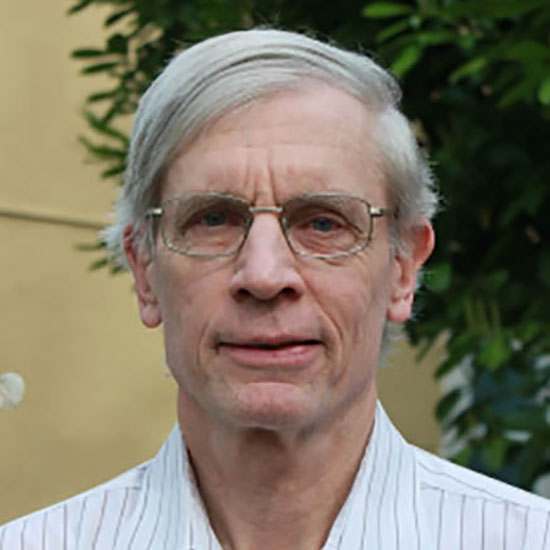Ian Affleck is a theoretical and mathematical physicist who applies quantum field theory to condensed matter problems. Ian showed how conformal field theory — a building block of string theory — is applicable to real-world problems involving low-dimensional magnetism and impurities in metals.
Ian enjoys finding mathematically elegant solutions to problems. His theories use the behaviours of elementary particles, such as neutrons, protons and quarks, to understand condensed matter such as crystals, metals, gemstones and semiconductors. He has collaborated with various experimental groups, including the Atomic Energy of Canada (now the Canadian Nuclear Laboratories) and TRIUMF, Canada’s national laboratory for particle, nuclear and condensed matter physics.
In 1985, Ian and physicist Michael Dine proposed a mechanism for explaining baryogenesis, hypothetical processes that may have produced imbalance between subatomic particles in the primordial Universe immediately following the Big Bang. The Affleck–Dine mechanism could explain the apparent asymmetry between matter and antimatter in the present-day Universe.
Subject groups
- Mathematics
Applied mathematics and theoretical physics

